Can Cats Eat Peaches?
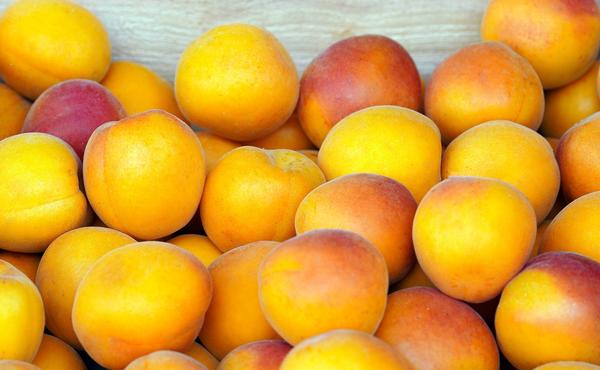
Are you worried sick about what munchies you can safely treat your furry friend to?
Standing in the produce aisle, holding that juicy, fragrant peach, you may find yourself wondering, "Can cats eat peaches? Is it safe? Will it make them purr with delight or send them into a tail-spin of tummy troubles?" 😺
Well, fret no more, my fellow feline feelers!
I've got all the answers you need, so let's sink our claws into this peaches vs pussycats dilemma, shall we?
Benefits and Risks Associated With Feeding Cats Peaches
Feeding your cat peaches can bring both good things and bad things. Here's what you gotta know:
- Good stuff first: Peaches have potassium, dietary fiber, and antioxidants which help with cats' nerves and muscles.
- Cats are meat-eaters: Don't forget that cats need protein-rich food to stay healthy, even if peaches give them some nutrients.
- Watch out for allergies and tummy troubles: Some cats might be allergic to peaches or have a hard time digesting them. So be careful.
- Test it out: Give your cat a tiny bit of peach first to make sure they don't have a bad reaction.
- Peel those peaches: If you want to lower the chances of your kitty getting chemicals from pesticides, take off the peach skin before giving it to them.
- Give it a wash: Make sure to rinse the peaches real well to get rid of any possible chemicals on the skin.
- Peaches are a treat, not routine: Only give peaches as an occasional treat, not something your cat gets all the time.
- Too many peaches = problems: Feeding your cat peaches too often can lead to weight gain, obesity, tummy issues, and messed-up teeth because they're high in sugar.
Knowing these things will help you make smart choices about whether or not to feed your cat peaches.
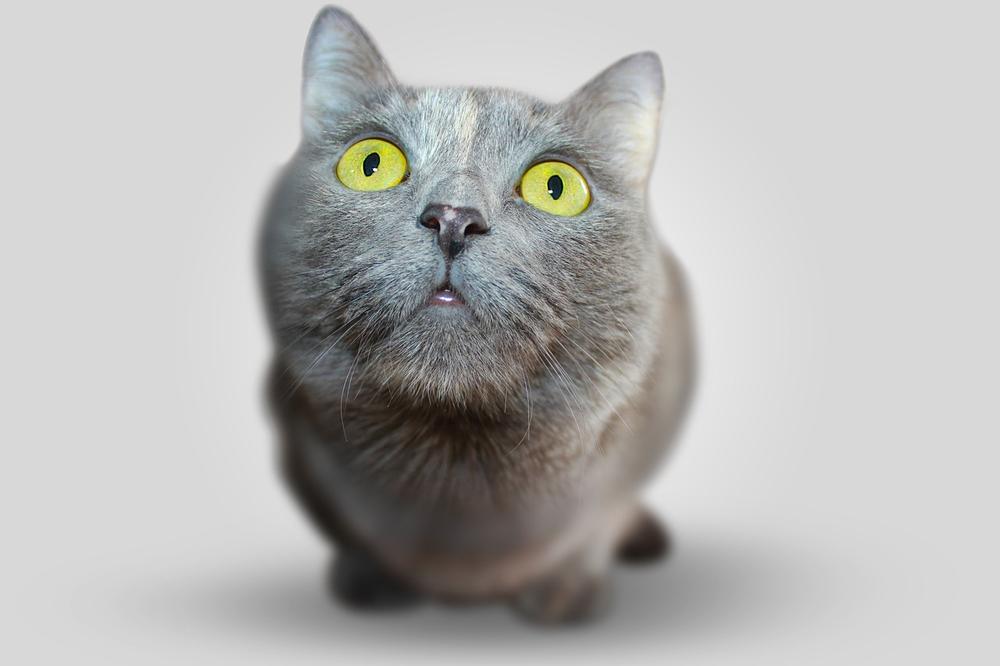
Now that you know the benefits and risks associated with feeding your cat peaches, you might be wondering about the safety of other fruits like oranges.
If you're curious and want to gather reliable information from veterinary blogs and articles, I highly recommend checking out Can Cats Eat Oranges.
This helpful guide explores whether cats can safely enjoy oranges and provides valuable insights for pet owners like you.
The Dangers of Peach Pits
Peach pits are not as innocent as they may seem.
Let me explain why you should be careful when it comes to your cats:
- The main issue is a compound called amygdalin found in peach pits, and this can spell trouble for your feline companion. It's a mix of sugar and cyanide that can be toxic to them.
- If your cat happens to munch on peach pit fragments, they could experience discomfort in their digestive system. This irritation can escalate into intestinal obstructions, which is definitely something you want to avoid.
- Don't disregard stray peaches lying around either. They might seem harmless, but they also contain cyanide. If a curious cat decides to chomp on one, it can hinder their blood oxygenation, leading to serious problems. 😼
- One vital piece of advice: don't ever feed your kitty peach pits intentionally. These pits have a dangerous amount of amygdalin, which can convert into cyanide inside their bodies. It's an unnecessary gamble you don't want to take.
- Keep an eye out for symptoms of cyanide poisoning in cats. Signs like dilated pupils, difficulty breathing, bright red gums, shock, or even death should raise concerns. Acting promptly is crucial in saving their life.
So, what should you do?
Take precautions.
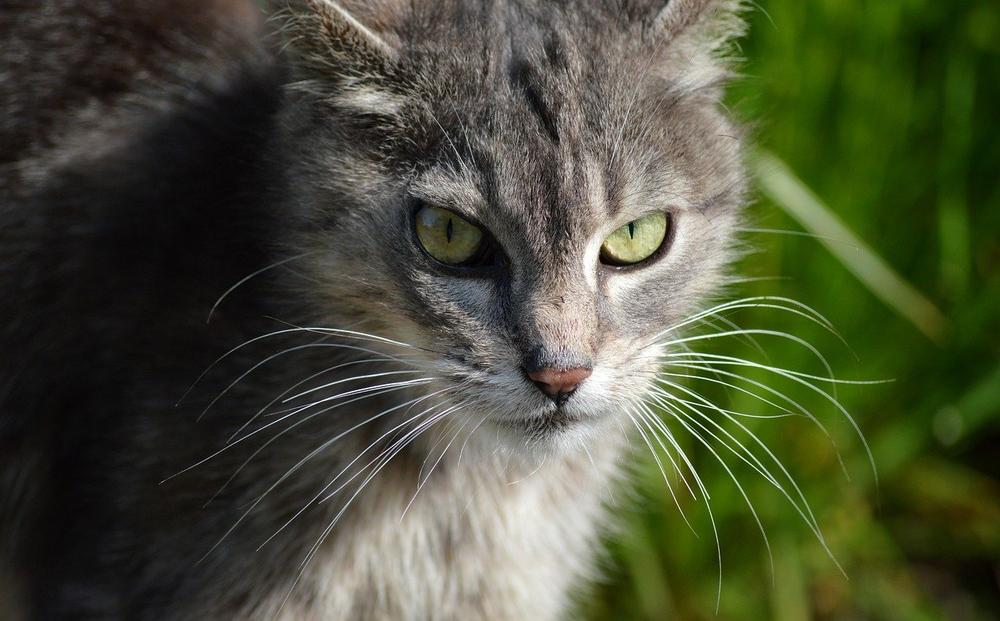
Dispose of peach pits securely, making sure they are out of reach from your furry friend.
Also, remove any stray peaches from their environment as soon as you spot them. By doing these simple tasks, you can keep your feline buddy safe and have peace of mind.
Now that you know the dangers of peach pits for cats, you may be wondering if there is a safe way to incorporate peaches into their diet.
Well, I have some good news for you!
Fresh, Frozen, or Canned?
Fresh peaches are the best option for cats, my friend.
They don’t have any artificial additives or high sugar content that you find in canned peaches. That’s why fresh is recommended.
Canned peaches, on the other hand, should be avoided when it comes to feeding cats.
They may contain artificial sweeteners, preservatives, and potential pesticide residue.
Plus, they’re loaded with sugar!
Not good for our feline friends.
But if you can’t get fresh peaches, frozen ones without any additives or extra sugars are a better alternative.
Keep that in mind.
Now, once you’ve got your hands on some fresh, ripe peaches, here’s how you can serve them to your cat:
- Start by peeling the peaches and discarding the leaves, stems, and pits.
- Slice the peaches into small pieces that are easy for your cat to eat.
- Avoid giving your cat the skins, as they may be tough to digest.
And hey, if you want more detailed information about feeding peaches to cats, there’s an infographic available.
Gotta love those visuals, right?
Keep it fresh, my friend, and your cat will thank you for it.
To give you the gist: Further down the blog post, I'll not only provide information on other fruits that are safe for cats, but also give you tips on how to introduce them into your feline friend's diet. Keep reading for more valuable insight!
But before you start loading up your kitty's dish with peaches, there are some important things you need to know!
Expert Advice on How Much Can Be Fed in a Single Sitting
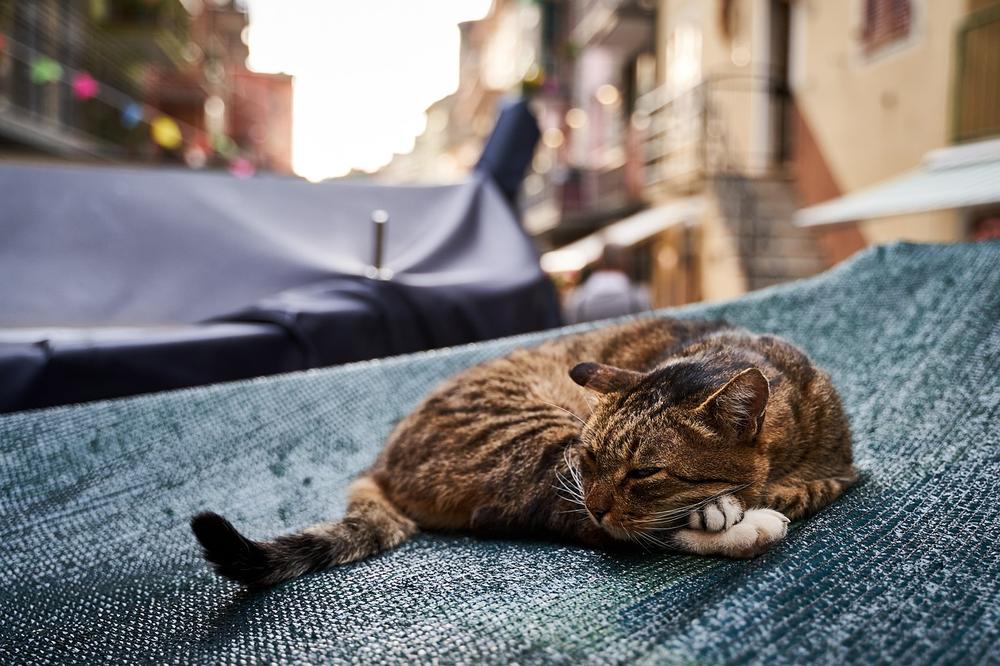
When it comes to feeding peaches to cats, here's some expert advice you should PLEASE bear in mind:
- Before introducing peaches into your cat's diet, consult with a veterinarian to make sure it's safe for them.
- When giving peaches to cats, always cut them into small, manageable pieces to prevent choking hazards.
- Start by offering small portions of peaches and gradually increase the amount as your cat gets used to it.
- Remember that peaches should only make up two to five percent of your cat's overall diet.
- To avoid gastrointestinal issues, such as diarrhea or vomiting, do not exceed ¼ of a peach at a time.
- While peaches can be enjoyed as an occasional treat, prioritize their nutrition by providing high-quality commercial wet or dry food.
- Maintain a balanced diet for your cat by ensuring they receive all necessary nutrients from their primary food source.
- Keep a close eye on your cat after giving them peaches and monitor for any adverse reactions.
- Always prioritize their health and well-being, and if you have any concerns, seek professional veterinary care.
Cats have unique dietary requirements, so you need to approach new foods with caution and proper guidance. ✨
Other Fruits That Are Safe for Cats
Cats can eat different fruits, such as apples, blueberries, bananas, peaches, cherries, apricots, and plums, but not too much.
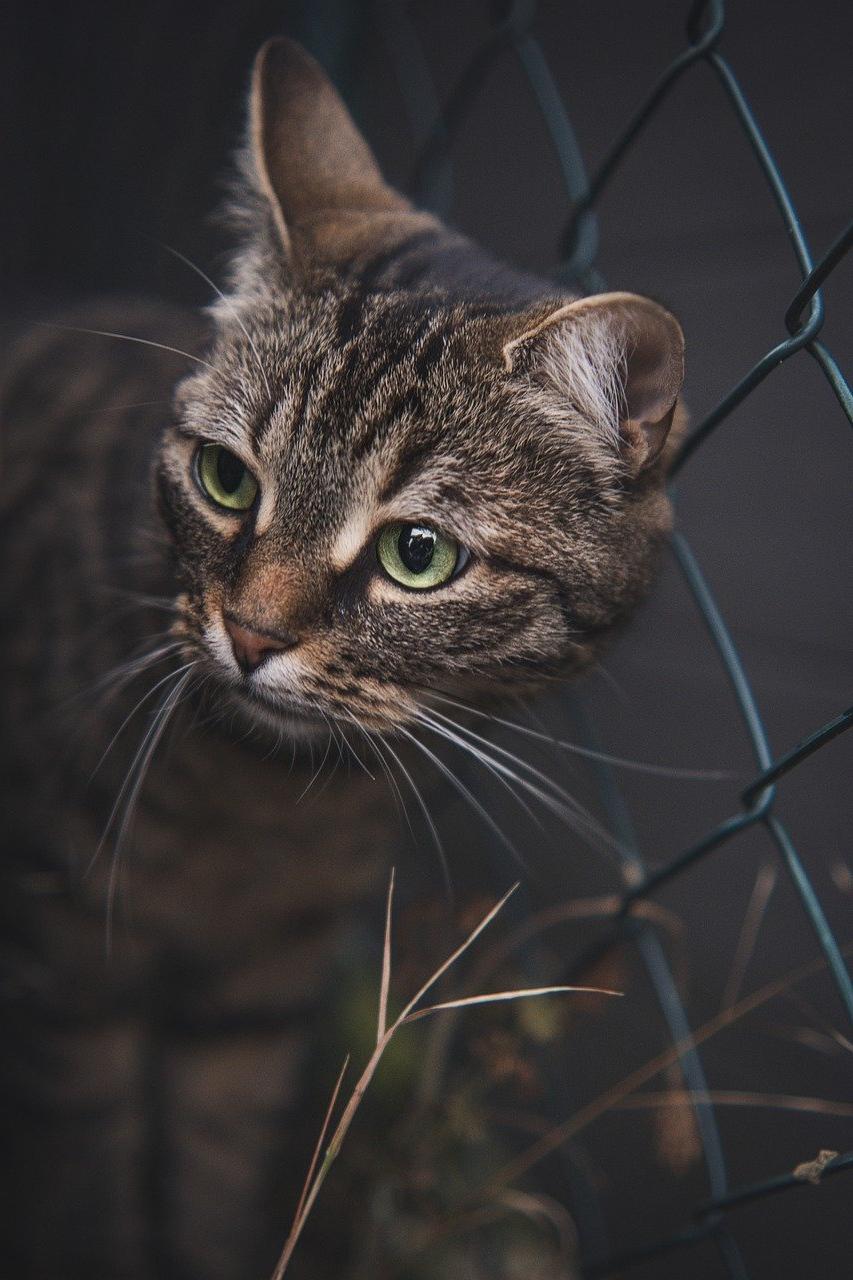
Even though cats like meat more, they can still have some fresh peach flesh without any trouble.
Just remember that these fruits should only be given on the side of their regular food.
Or you can offer cooked chicken or fish, shredded carrot, green beans, or peas as snacks for your furry friend.
It’s Okay if Your Cat Doesn’t Like Peaches
It's perfectly fine if your cat doesn't like peaches.
Some cats can't taste the sweetness and don't find them appealing. But don't worry!
Cats don't need peaches for their health or happiness.
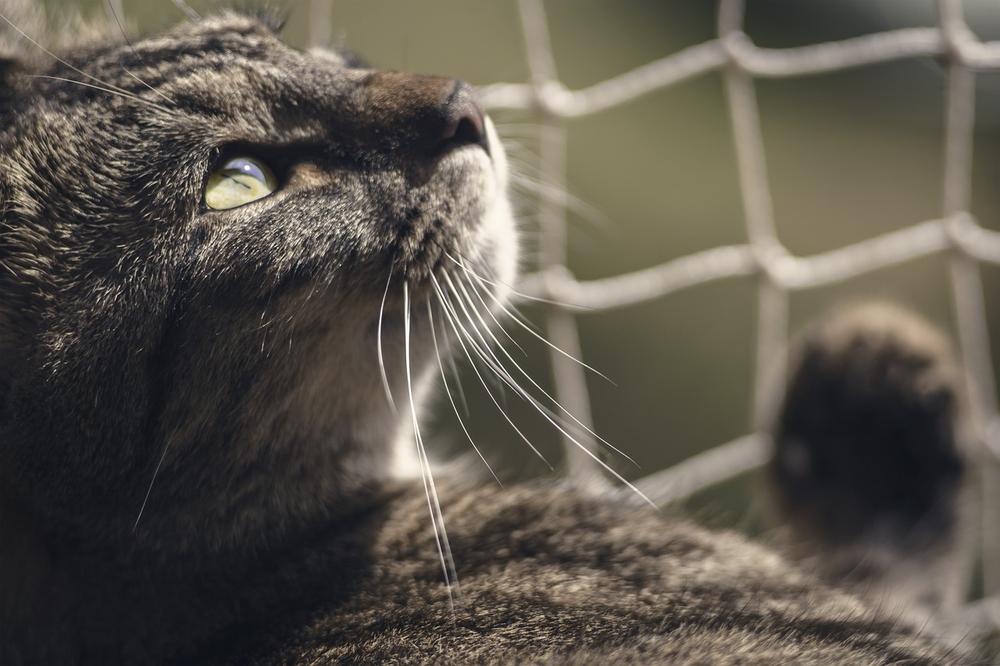
They have different nutritional needs that can be met with other foods.
If your cat isn't interested in peaches, that's totally normal.
After all, cats aren't humans and have different taste preferences than we do.
To ease your concerns, here are some things you should know about cats and peaches:
- Peaches can upset a cat's stomach because of their high fiber content, so it's best to avoid giving them to your cat if they're not interested.
- Always talk to your vet before introducing new foods into your cat's diet. They can give you personalized advice based on your cat's specific needs.
- Remember, cats are obligate carnivores, so their diet should primarily consist of meat. Peaches don't provide any essential nutrients that cats require.
- If your cat shows interest in peaches but you're worried about potential risks, try offering small peach-flavored treats made specifically for cats. These treats are safe and enjoyable for them.
- Keep in mind that cats have their own preferences, so don't force a certain food on them. Offer a variety of healthy options and see what they enjoy.
The most important thing is to prioritize your cat's well-being and make sure they're getting the nutrition they need.
Peaches: A Personal Preference for Cats
- Feeding cats peaches offers some nutritional benefits, but cats require protein-rich food as obligate carnivores.
- Cats may experience allergic reactions and digestive issues from consuming peaches.
- Safety precautions include conducting a taste test, peeling the peaches, and washing the fruit.
- Regular consumption of peaches can lead to health complications like weight gain and dental issues.
- Peach pits are toxic to cats and can cause choking hazards and digestive tract issues.
- Proper disposal and removal of peach pits is essential to prevent cat access.
- Canned peaches should be avoided due to additives and high sugar content.
- Fresh or frozen peaches without additives are recommended.
- Consult with a veterinarian before offering peaches to cats and start with small portions.
- Cats can safely consume fresh peach flesh, but it's not necessary for their overall health.
And that wraps up today's article.
If you wish to read more of my useful articles, I recommend you check out some of these: Can Cats Eat Watermelon, Can Cats Eat Cranberries, Can Cats Eat Pretzels, Can Cats Eat Walnuts, and Can Cat Eat Peanuts
Talk soon,
-Sarah Davis